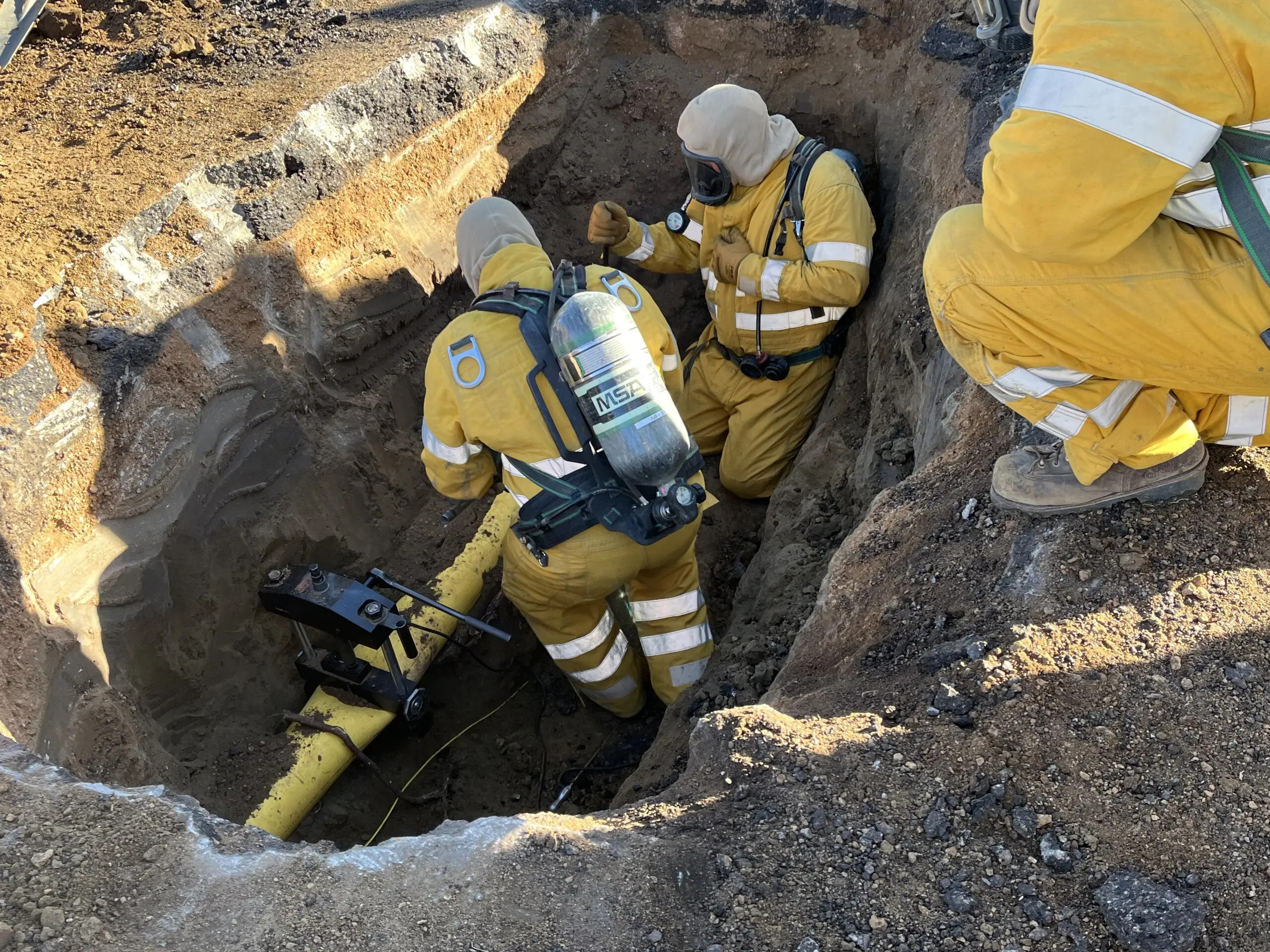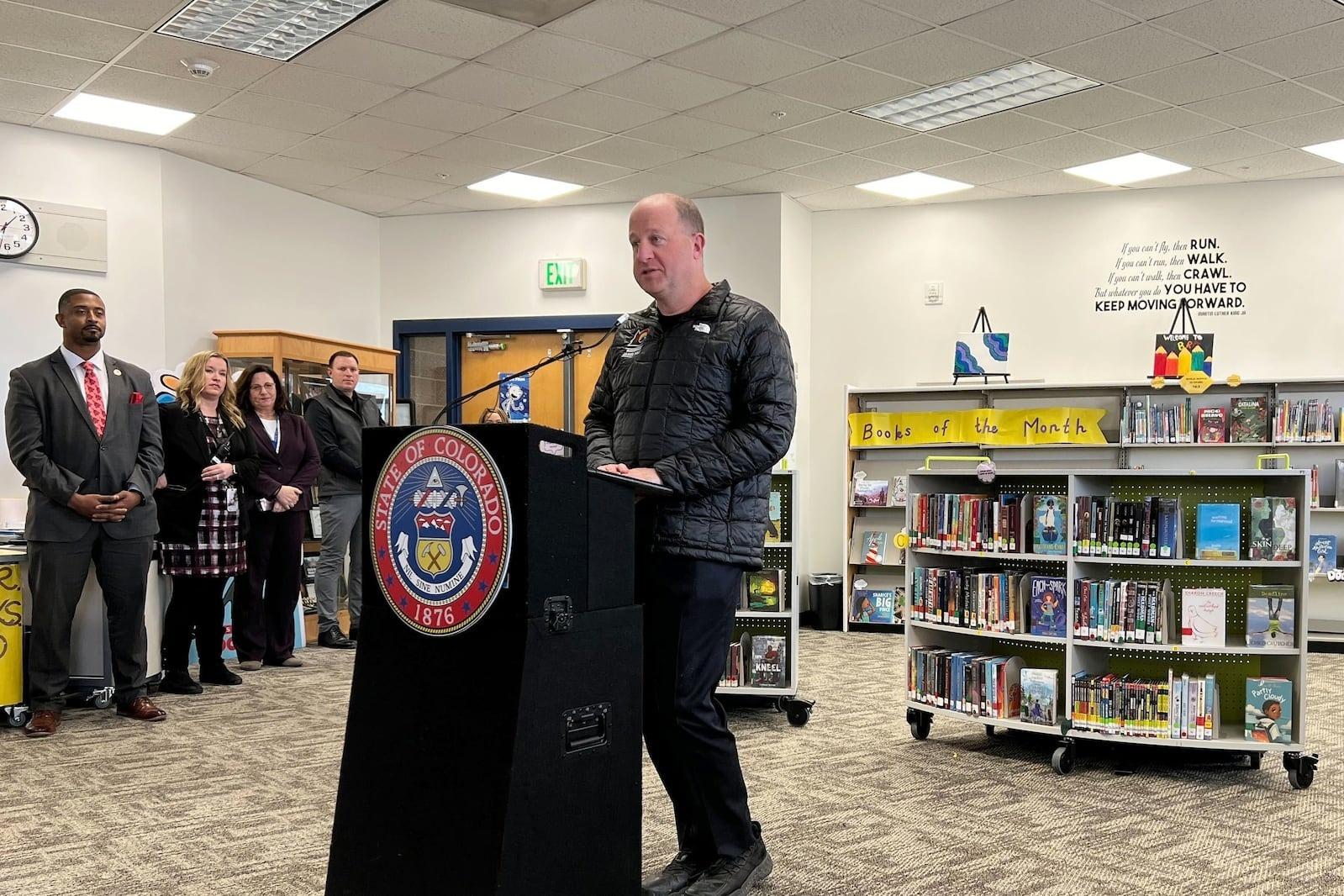
A proposed five-year base rate plan from Colorado Springs Utilities is aimed at paying for billions of dollars of improvements to the city-owned agency's infrastructure, along with maintaining the existing system that provides power, gas, water and wastewater services.
Utilities got an informal OK on the plan during a public hearing held Tuesday, with unanimous support from city council, which also serves as the Utilities board. Their action on council means a formal vote on officially adopting the rate plan is expected at their next meeting in November.
Utilities staff presented information about the proposed base rate increases that pay for the infrastructure like pipelines, generation systems, wastewater treatment, and water rights. This includes nearly $4 billion in capital improvements needed to meet regulatory requirements, maintain reliability and address growth.
If approved, the new rates would go into effect on January 1, 2025 and would result in an average increase of about 5.6 percent per year, eventually adding up to a typical household paying about $85 more a month on their bills by 2029.
The staff presentation also covered a new Energywise proposal that provides lower electricity rates during times when power usage isn't high. The most expensive time would be in the evening from 5 p.m. to 9 p.m. The proposal is part of the larger rate plan, but would go into effect on October 1, 2025.
Three people signed up to comment during the hearing.
Colorado Springs Chamber of Commerce and Economic Development Corporation CEO Johnna Reeder Kleymeyer supported the plan.
“We should not ignore the fact that as a growing and prosperous city, we must invest in our utility infrastructure for both our residents and our businesses,” she said.
City audit committee volunteer Barry Baum said that he was asked to do a citizen’s review by Colorado Springs Utilities CFO Tristan Gearhart. Baum advised council should only approve a maximum of the first two years of the rate increases, despite what he said was a thorough job of providing a roadmap to meet regulatory, reliability and growth requirements, that council should approve only the first one or two years of rate increases.
“Too much can and will change over the next five years,” he said. “In my opinion, projected growth and consumption will slow down substantially from the projected annual rate increases.”
A representative for the Department of Defense, Kyle Smith, talked about regulatory energy requirements that the DoD has to meet and how the utilities plans would fit in. He also recommended that city council approve the only first two years of increases and then reassess the plan.
“CSU should reconsider its aggressive capital spending curve,” he said. “It's already encountering difficulties in funding its capital improvement plan as evidenced by resorting to issuing debt with deferred principal payments.”
According to Smith the Department of Defense spends about $30 million in base rates and another $16 million for fuel and gas with the city utility to serve four military installations in the area.
Council members Mike O’Malley, Dave Donelson and council president Randy Helms said that the city utility has to meet state and federal regulations around new environmental standards, along with ensuring a reliable system for a growing community. The expressed support for the utility staff and the care they took to consider the plan.
Helms said Smith’s comments are appreciated and were in part helpful, but “DOD sometimes has a long screwdriver that reaches out and wants to turn the screw a long ways away from Washington DC,” he said. “But the idea that DOD wants to reach out and drive us in a certain direction, that just doesn't sit well with us here in Colorado Springs, especially those of us who have put their lives in the military and understand how that long screwdriver can sometimes turn things.”
Colorado Springs Utilities’ price and rate manager Scott Shirola said the new rates will spread the cost for billions of dollars in new infrastructure over time.
“Once you start these major initiatives, these major projects, you can't stop them in midstream,” he said. “They require completion to really bring the benefits of those systems to our customers.”
Council also voted unanimously to approve the first reading of two ordinances related to the 2025 Colorado Springs Utilities budget.









